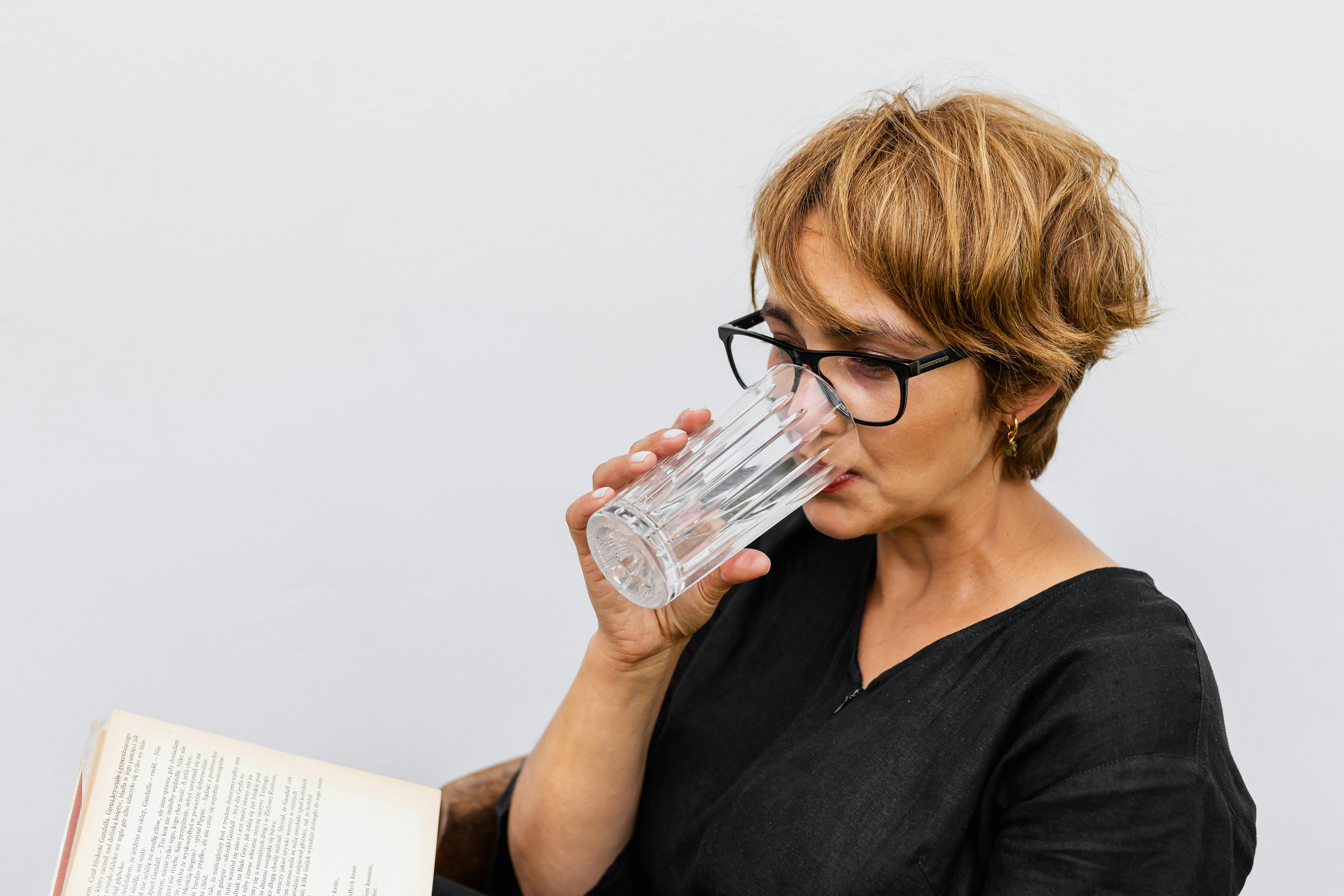As mentioned in the World Health Organization (WHO) Water is one of the body’s most essential and crucial components in the body hence the importance of regular intake of water. It is evident that the human body has about 60% of its mass in water and water plays the role of heat regulation, synovial fluid in the joints, and as a medium for the transport of material substances. In fact, while water is one of the most essential ingredients for life, many individuals fail to take the necessary recommended amount of water per day. Moreover, this article reveals the best strategies to follow and how proper hydration is useful in our daily lives.

Why Hydration Matters
Proper hydration is crucial for overall health and well-being. Here are some key benefits:
- Enhanced Physical Performance: Excess heat loss through respiration may slow down activities because the body cools at a slower rate, and water loss affects coordination and muscular strength because it determines the muscles’ ability to contract. Drinking water also enhances performance when doing such exercises resulting in reduced fatigue.
- Cognitive Function: Simmer down, this even occurs when one is not fully hydrated since dehydrating your body for even a short time can lead to a number of problems such as reduced concentration, short term memory problems and high levels of anxiety as well as fatigue.
- Digestive Health: This is a substance that is known to help with digestion by helping in the process of breaking down the foods that is taken by an individual and processing of the nutrients from the foods that is taken by an individual. It also enables avoiding constipation because it assists in maintaining soft consistency of stool.
- Skin Health: Drinking water on a daily basis is important in keeping the skin elastic and may even Reduce the chances of forming wrinkles. If skin becomes dehydrated its texture looks different; skin becomes dry and it takes a lesser effort to cut on a surface.
- Detoxification: Water has the ability to eliminate toxins in our body through urine and sweat, which also helps in proper function of the kidney in the body.
Tips for Staying Hydrated
- Drink Plenty of Water: Water is the most natural way that is recommended to take without any restriction to oxygen, carbonation, temperature, and flavor. Drinking water is another vital element that should be taken in large amounts; it is recommended that one should take at least eight glasses of water per day known as the 8 by 8 rule. It is important to note that results may differ depending on the size, age, and gender of the given individual, as well as the level of their physical activity.
- Incorporate Hydrating Foods: Even though it may seem counterintuitive, it is true that minimally processed fruits and vegetables contain a lot of water that will contribute to your intake. Some examples of such foods include; vegetables such as cucumbers and melons, fruits like oranges and strawberries, and watermelons.
- Set Reminders: Try to take water by using alarms or applications which will help you remind you that you need to take a glass of water. This is particularly beneficial for those individuals who get to a point where they find themselves engrossed in their activities thereby forgetting to drink water or drink very little of it.
- Carry a Water Bottle: In this way it will be convenient to drink water at intervals throughout the day, if a water bottle is provided at all times. Choose a reusable bottle if you want to help the environment and not use up dozens of disposable bottles.
- Flavor Your Water: If the plain water doesn’t appeal to your taste buds, boil it and squeeze a small amount of lemon, cucumber, or mint into it. This can help to make drinking water more appealing.
- Monitor Your Urine: You might find it interesting that even the color of your urine can tell you a thing or two on your hydration status. So, if the color of the urine is pale yellow, it simply tells that the person is well-hydrated, but if the color is darker then it probably means that he or she needs to drink more water.
- Start and End Your Day with Water: Drinking water, especially a glass of water when you wake up in the morning and another before you retire to bed helps one to balance his/ her water intake for the day.
- Adjust for Activity and Climate: Drink more water when you are exercising, in hot ambient conditions, or when you have a flu because your bodies lose more water, and you require more fluid intake.
- Limit Dehydrating Drinks: Popular drinks such as coffee and tea contain caffeine, which is also a diuretic, as well as alcoholic drinks that can increase the rate of sweating. Mineral water off with sufficient amounts of water.
Signs of Dehydration
Recognizing the signs of dehydration can help you take action before it becomes severe. Common symptoms include:
- Thirst
- Dry mouth and swollen tongue
- Fatigue
- Dizziness
- Dark yellow urine
- Dry skin
- Headache
Severe dehydration can lead to more serious symptoms, such as rapid heartbeat, confusion, and fainting. If you experience these, seek medical attention immediately.
Conclusion
Staying hydrated is a simple yet powerful way to enhance your overall health. By making a conscious effort to drink more water and include hydrating foods in your diet, you can improve your physical performance, cognitive function, and overall well-being. Remember, hydration is not just about quenching your thirst — it’s about nourishing your body from the inside out. Make hydration a priority, and your body will thank you for it.
